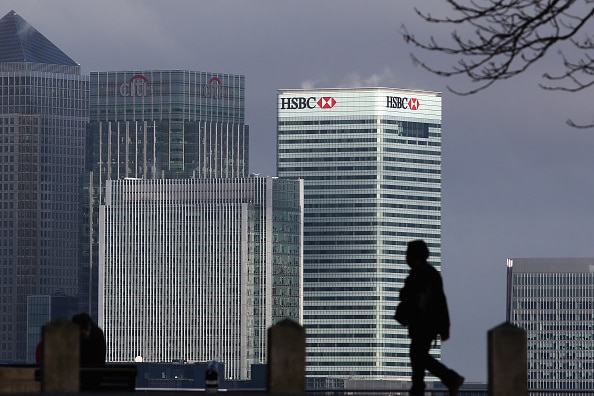Editorial: HSBC brouhaha should kick off a worthwhile ESG debate

It is ironic that in a speech criticising hyperbole, the now-suspended HSBC Head of Responsible Investing Stuart Kirk went to some effort to out-hyperbole even those who he sought to lambast.
As a former journalist, Kirk will surely have known that criticising alarmist “nut jobs” was unlikely to do anything but stir a hornet’s nest. But he has a point – not just about the “unsubstantiated, shrill, partisan, self-serving, apocalyptic” warnings on climate change but the City’s approach to ‘ESG’ more widely.
Somewhere around the beginning of the pandemic, those three little letters began popping up everywhere. It was nigh on impossible to ask a FTSE CEO about the future of the office, the economy, or their strategy, but ask their communications teams to talk about ESG and words spewed forth in a flood. Kirk, and others, are rightly starting to question what that worthy rhetoric actually means in practice.
We are amongst those whose eyebrows headed northwards on news of Kirk’s suspension. HSBC are entitled to react when a member of staff goes off-road in a public presentation (though it is now reported that HSBC were told about Kirk’s presentation in advance) but perhaps boss class at HSBC might wish to consider their own ESG credentials.
This is a company that, after all, gave their backing to China’s new security laws in Hong Kong which have forced dozens if not hundreds of pro-democracy activists into exile and allowed Beijing to crush free speech and protest in the territory, in violation of a treaty signed just 25 years ago.
It says something that China’s vicious, repressive crackdown is considered worthy of support but one of their staff offering the heretical opinion that climate change activists have a tendency towards doom-mongering is worthy of suspension. Would we say that questioning whether investors really care about climate risk (a point backed up by Kirk’s data) is a greater sin than a totalitarian regime smashing democratic norms?
What Kirk said, in a nutshell, was that the vast swathes of finance and brainpower that can be flung at the climate crisis will likely do more to solve it than conference-attending bigwigs yapping about it. On that, he’s right.
